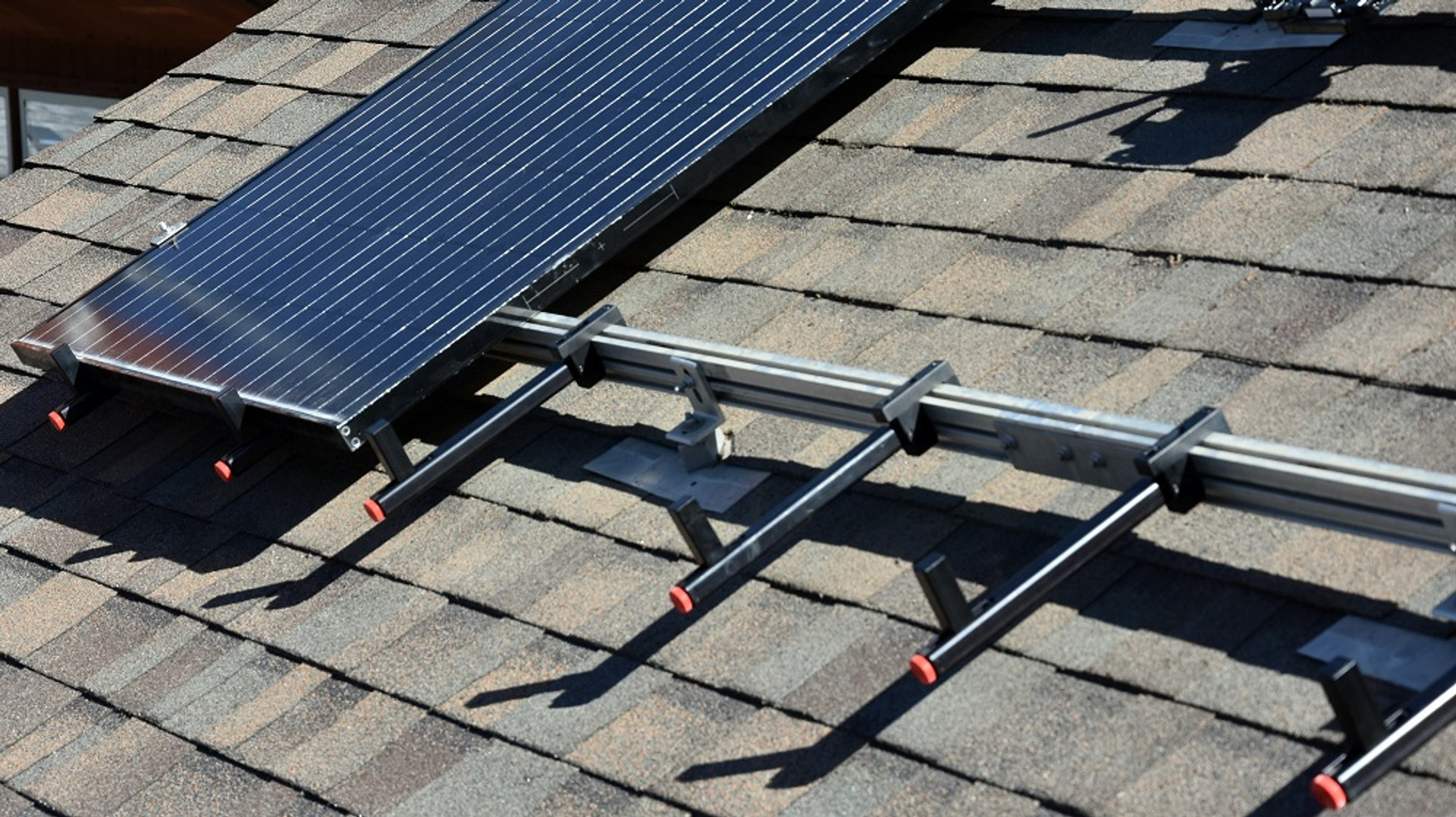The Best Solar Panels for Business: Durable and Cost-Effective Solar Energy Solutions
The Best Solar Panels for Business: Durable and Cost-Effective Solar Energy Solutions
Blog Article
Why Solar Power Setup Is the Smart Choice for Your Home or Service
The choice to install solar power in your home or service is increasingly recognized as a critical financial investment, driven by a mix of economic motivations and ecological considerations. With the possibility for substantial energy cost savings, paired with federal government motivations, the initial expenses can be balanced out significantly. Additionally, welcoming solar energy not only improves your property's value however additionally adds to an extra lasting future. The implications of this selection expand past plain expense savings and aesthetic appeals, prompting a closer assessment of the more comprehensive advantages and prospective challenges linked with solar power fostering.
Financial Cost Savings and Incentives
Spending in solar power installations can significantly minimize energy prices for house owners and companies alike. By harnessing energy from the sunlight, buildings can produce their very own electrical power, leading to considerable savings on regular monthly energy expenses. Oftentimes, these financial savings can offset the first installation expenses within a couple of years, offering an eye-catching return on investment.
Additionally, numerous monetary motivations exist to encourage solar fostering. Federal tax obligation debts, such as the Investment Tax Credit (ITC), enable house owners and businesses to deduct a considerable portion of solar installment prices from their federal taxes. solar photovoltaic. Numerous states and regional federal governments additionally offer rebates, grants, or performance-based rewards, additionally boosting the price of planetary systems
Funding options, including solar car loans and leases, are offered to alleviate the ahead of time economic burden. Through these arrangements, homeowner can spread the expense of setup gradually, commonly paying much less than their previous electrical energy expenses.
Furthermore, the boosting value of residential properties furnished with planetary systems makes them a lot more appealing in the realty market. In general, the financial benefits of solar energy setups are compelling, making them a wise financial investment for the future.
Ecological Influence and Sustainability
Additionally, solar setups can lower dependence on non-renewable resources, such as coal and gas, which can cause environment devastation and pollution through extraction and combustion processes. By transitioning to solar energy, house owners and organizations actively join decreasing their carbon footprint, promoting a much healthier ecological community.
Additionally, the manufacturing of photovoltaic panels has actually come to be extra reliable and much less harmful to the environment over the years. Many producers are now committed to using sustainable practices, consisting of reusing products and lessening waste.
Power Self-reliance and Stability
Achieving energy independence via solar energy setups equips individuals and communities to reduce their dependence on imported nonrenewable fuel sources. This change not only enhances local energy protection however additionally supports energy costs over time. With solar power, home owners and organizations can produce their own electricity, minimizing the influence of changing energy rates driven by international markets.
Solar setups provide a lasting option read that helps barrier versus geopolitical tensions and supply chain disruptions related to fossil gas dependence. By using sunlight, communities can grow a self-sufficient power framework, ensuring constant access to power no matter external variables. This self-reliance cultivates economic strength, as energy manufacturing becomes local, keeping even more financial sources within the community.
Additionally, the transition to solar energy adds to grid stability. Dispersed solar systems can ease tension on typical power grids, decreasing the chance of blackouts during peak need periods. As more entities take on solar technology, the collective change in the direction of renewable resource resources enhances the general security of the power landscape. Ultimately, accepting solar energy not only promotes private and area empowerment yet also supports national goals for a lasting and reliable energy future.

Technological Developments in Solar
Developments in solar innovation are changing the way energy is taken advantage of and utilized, even more supporting the power freedom attained through solar installations. Advancements in photovoltaic or pv (PV) cells, specifically the development of bifacial panels, enable boosted power capture by soaking up sunshine from both sides. This modern technology enhances efficiency and takes full advantage of power outcome, making solar installments more efficient than a knockout post ever.
Additionally, renovations in power storage space options, such as lithium-ion batteries, supply home owners and businesses the ability to save excess power created throughout height sunshine hours. This ability makes sure a consistent energy supply during periods of reduced sunshine, improving energy reliability and reducing dependency on the grid.
Smart inverters have actually additionally become a vital element of modern solar systems, giving real-time surveillance and optimization of power usage (solar photovoltaic). These systems enable customers to handle their energy consumption smartly, causing minimized costs and boosted performance